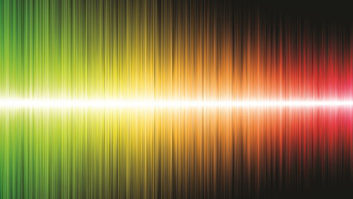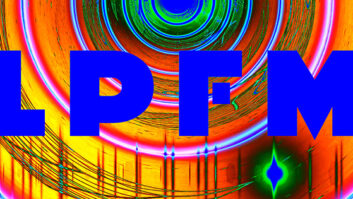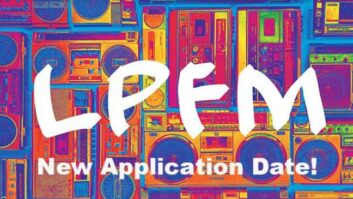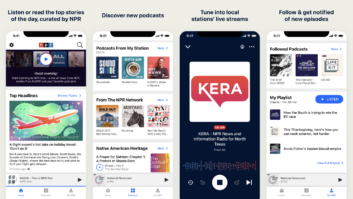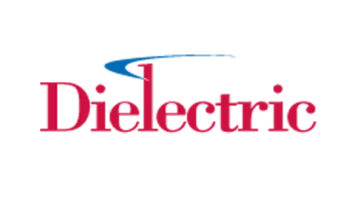The white smoke has come out of NPR over the FM IBOC power increase question.
In a meeting with Media Bureau staff at the Federal Communications Commission, NPR executives summarized test findings, including the overarching conclusion that “high-power HD Radio would uniquely cause significant first-adjacent analog interference to more closely spaced NCE-FM stations within the station’s protected service contour,” according to an ex parte filing with the commission on Oct. 8.
However, based on discussions of the test results with several public radio station managers, NPR believes a 6 dB FM IBOC power increase could be implemented on an interim basis to achieve an increase in digital service coverage if sufficient safeguards and other measures are implemented.
It stressed those should include expedited development of HD Radio technology to permit asymmetrical side band transmission, single-frequency boosters, and a low-bitrate coder for radio reading services, as well as an enhanced remediation process to address harmful interference resulting from high power HD operations.
IBiquity and the so-called “Joint Parties,” representing 18 broadcast groups and four transmission manufacturers, also support an interim HD power increase of 6 dB. At the recent NAB Radio Show, iBiquity also lent its support to several of NPR’s suggestions, such as asymmetrical side band transmission and single-frequency boosters.
At the show, agency staff urged all of those supporting a power increase to come to an agreement for recommendations on how the commission might spell out rules governing such a rise.





